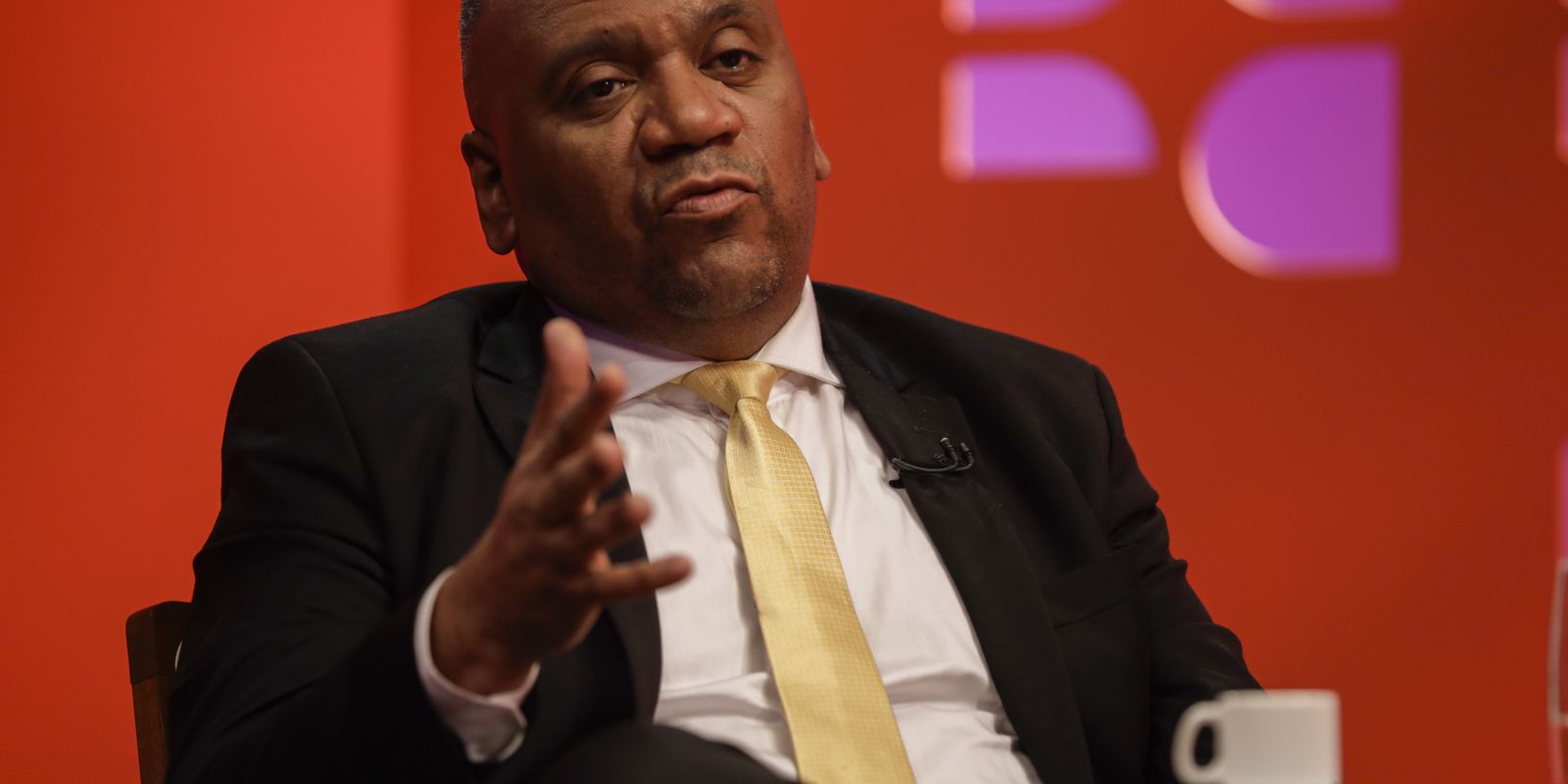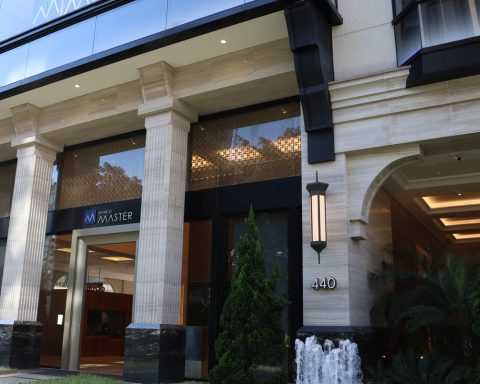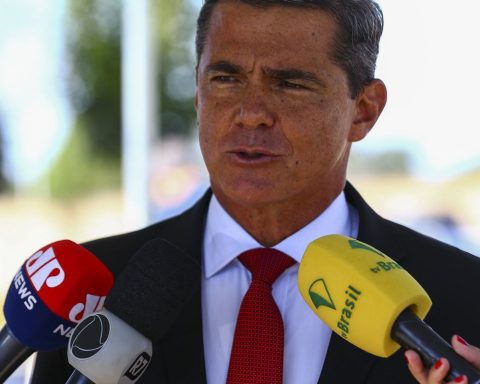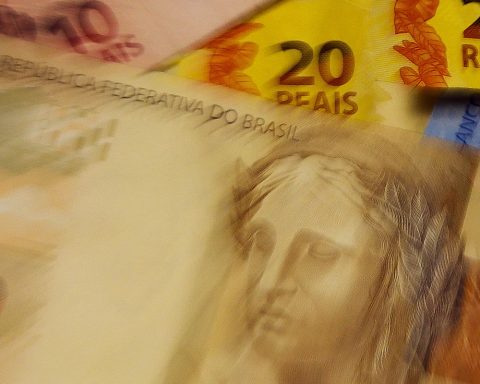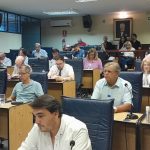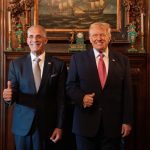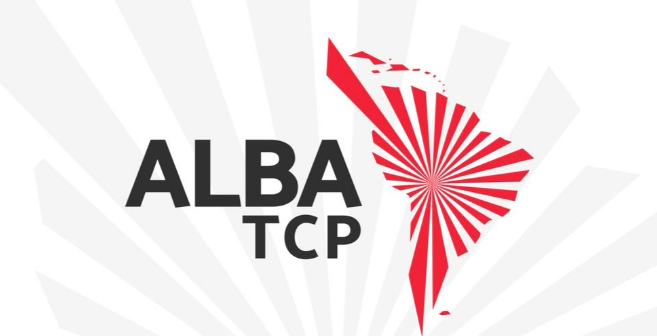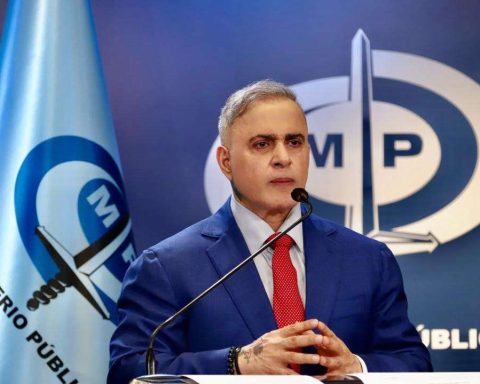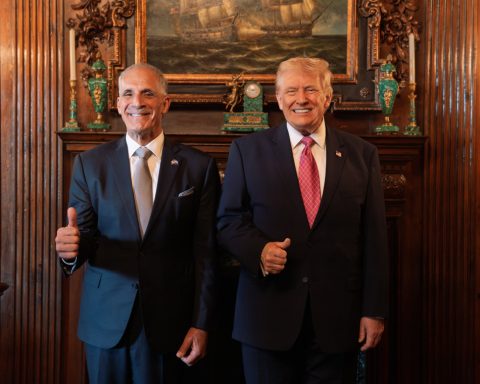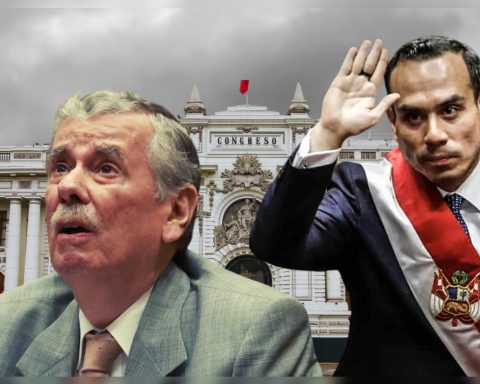Brazil’s initiative for civil society to be heard in the process of drafting public policies, the G20 Social will continue in the next edition of the summit, in South Africa, in 2025. The G20 Social was announced by president Luiz Inácio Lula da Silva at the 18th G20 Summit of Heads of Government and State, in New Delhi, India. It was at that moment that Brazil symbolically assumed the presidency of the bloc with the motto Building a Fair World and a Sustainable Planet.
The decision to continue was announced by the chief minister of the General Secretariat of the Presidency of the Republic, Márcio Macêdo and celebrated by the Central Única das Favelas (Cufa). “South Africa decided that it will do the G20 Social. The G20 Social will continue, which is, as the Titans would say, our desire, need and desire to move forward”, said the minister during an interview with the program Good morning, Ministerat the beginning of the month..
With the G20 Social, civil society collaborations will be analyzed and included in the declaration by the group’s leaders, which, this year, meets on Monday (18) and Tuesday (19) in Rio de Janeiro. .
The president of Cufa in Rio de Janeiro, Preto Zezé, states that as the organization is a grassroots movement, present in more than 5 thousand favelas, it will continue in this direction in the fight for more achievements of the G20 Social. “We are going to continue this, because we have this interest, that this event triggers connections that help shape and strengthen a permanent movement. The event ends, the reality and the proposals that we are taking to the event continue. It is important that we keep this in mind, that we need to have a permanent struggle for things to happen”, he said in an interview with Brazil Agency. The leader defends that the G20 Social be permanent at summit meetings in the future.
According to Preto Zezé, who has already participated in several similar meetings, experience shows that proposals are always received, but that the greatest difficulty is, after the event is over, finding a way to implement them.
“So, we are currently focused on occupying the space, demarcating the importance and priority that the favela should have. In the second moment, it’s a matter of rushing to implement this, bringing together the leaders. These global meetings of leaders, as seen in the Kyoto Protocol, have a lot of legal proposals, but no one went there to demand it, because this governance is also unviable, bankrupt, and needs to be established differently. If not, we will end up like those councils we see, the UN Council, of six countries that decide everything, where there is and what isn’t. If the war belongs to one of them, no one criticizes anything”, he pointed out. “Changes in society have always depended on mobilization. We will continue with it”, he adds.
Deception
Preto Zezé highlights that the participation of residents of favelas, communities and outskirts in the 3007 conferences held by Cufa, Unesco and the London School Economics, in cities in Brazil and in another 48 countries, within the G20 Favelas, an initiative included in the G20 Social.
“I believe that the presence of the favela in this process is historic and we believe that we have emerged stronger in connections, contacts and in expanding spaces so that our struggle has more visibility”, he points out.
According to the Cufa leader, communities need to understand the importance of this meeting of countries. “The important thing is the fact that you can do the reverse movement. People can’t participate in these conferences, they don’t know the topics. Many of them don’t even know what a conference is and when you tell them what it is for and what the information is for, you start to create a different order of priority. You change people’s view of these events and their interest as well. I think that for us, as a grassroots movement, on this scale it is extremely important to have connection, dialogue and, above all, commitment, which, in truth, is what changes lives”, he added.
According to the president, the most impactful thing about the discussions was being able to look at the favelas, which he considers different. “We cannot discuss inequality without discussing public safety. Public security is not just police, vehicles, jails and weapons. Public security is a series of integrated policies for the State to be present in the territory. The tendency is for all topics to be discussed in a more traditional way, but the perspective of the favela has its own specificity”, he indicated.
Preto Zezé added that although social inequality differs between countries, there are people in communities and outskirts who seek change in these places. “There are areas of social inequality in all countries, richer or poorer. There is a group of people who are stigmatized and the territories too, so they have a different perspective from public authorities and opportunities and there is a movement within these places wanting change. That’s what brings it together. Although the realities and accents are different, the solutions are global. One solution impacts the reality of another”, he observed.
